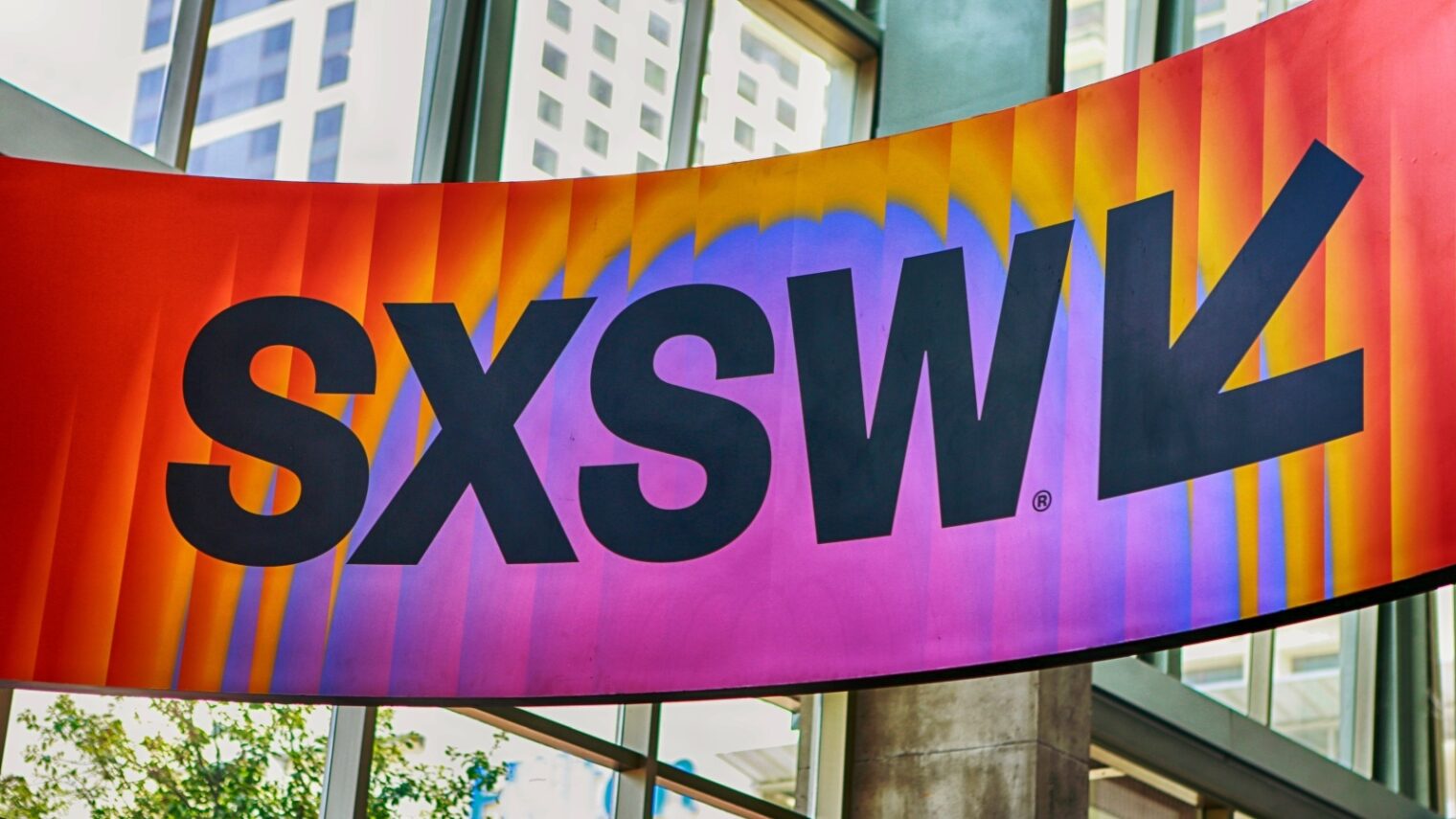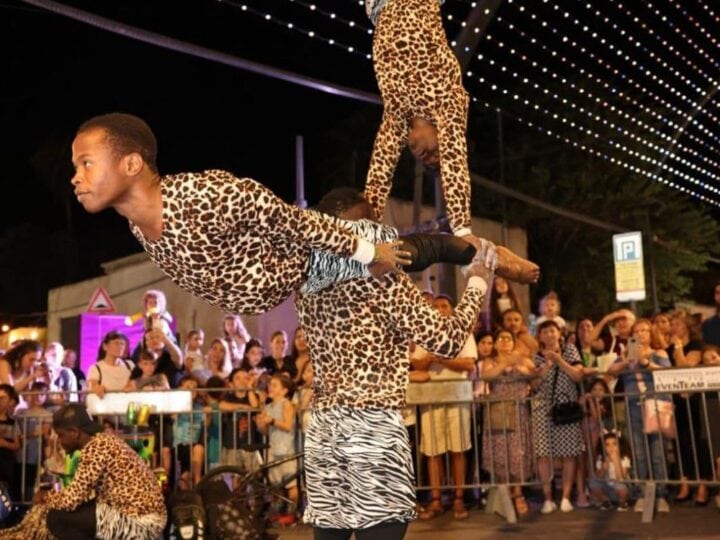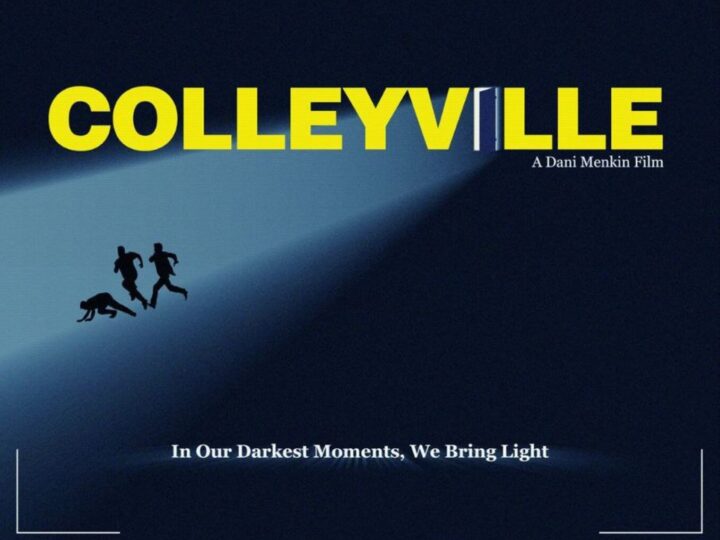South by Southwest (SXSW) is an annual tech and pop-culture festival that takes place every March in Austin, Texas.
The festival, with tracks including technology, education, film, music and comedy, attracts thousands of attendees and is an important place for global startups to connect with investors, talent and customers.
Some Israeli startups, such as Meerkat, have even launched their products at the festival over the years.
SXSW 2023 featured a presentation by Uri Levine, cofounder of Waze and the author of Fall in Love with the Problem, Not the Solution. During his packed session, he spoke about why it is important to fall in love with the problem when building a startup, how to build a team, how to reach product market fit, the fundraising rollercoaster, and other topics related to the startup journey.
SXSW helped put Austin on the map as a major US tech hub. Today, a robust Israeli ecosystem is emerging there due to the number of Israelis who moved to the city.
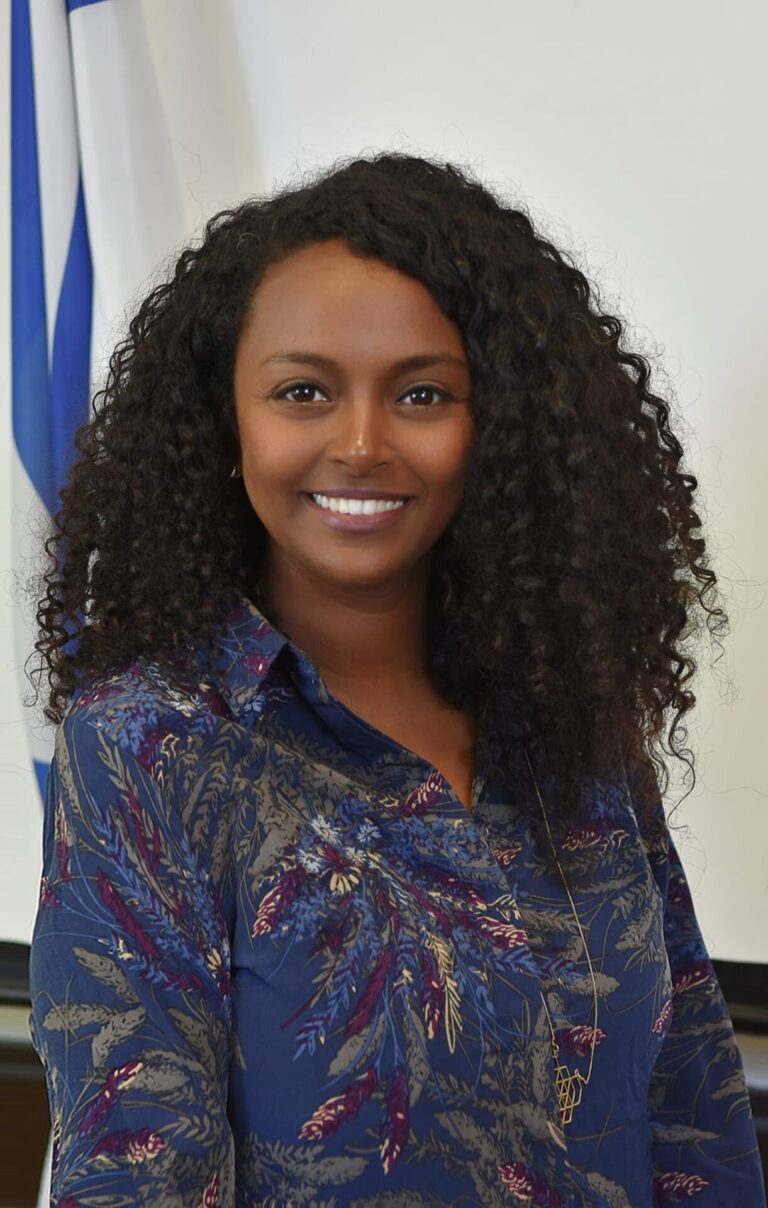
“Austin is one of the most important hubs of innovation and technology not only in the US but also on a global scale,” said Orna Avraham of the Israel Economic Mission to the South-Midwest, who facilitates business collaborations between Israel and 11 US states including Texas.
Unlike CES or the Mobile World Congress, SXSW revolves around the “serendipity” of meeting other professionals as opposed to setting up meetings in advance.
“SXSW is an amazing platform and a wonderful opportunity for those companies to get to know the key factors and players in the tech industry. For some of the companies who attend, we were able to create for them interesting and relevant connections,” Avraham said.
Meet the Israeli startups
Austin based Gigaroo — the world’s first future-of-work app for the service industry, matching gig seekers with employers according to their lifestyle and needs — participated in the SXSW Pitch: Future of Work Technologies competition.
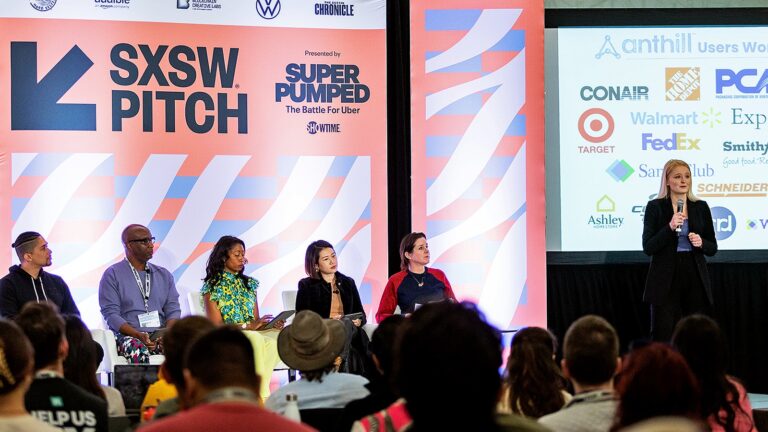
Shai Givony, founder of Armadilloan, a one-stop-shop mortgage marketplace that connects first-time homebuyers to local lenders, pitched his startup at the first-ever SXSW PropTech event.

His was also one of the 10 startups in the Pre-SXSW Start-Up Showcase for an audience of entrepreneurs, investors and tech enthusiasts.
Givony moved from Israel to Austin about seven years ago. Using his engineering background and his enthusiasm for simplicity and smooth UX, he decided to start Armadilloan to do to the mortgage application process what TurboTax did to the tax filing process
Israeli company NeuraLight won a SXSW Innovation Award for Health and Med Tech, for which over 1,000 companies applied. This feat was achieved through a team effort led by CIO Rivka Kreitman and head of bus dev Camila Serna.
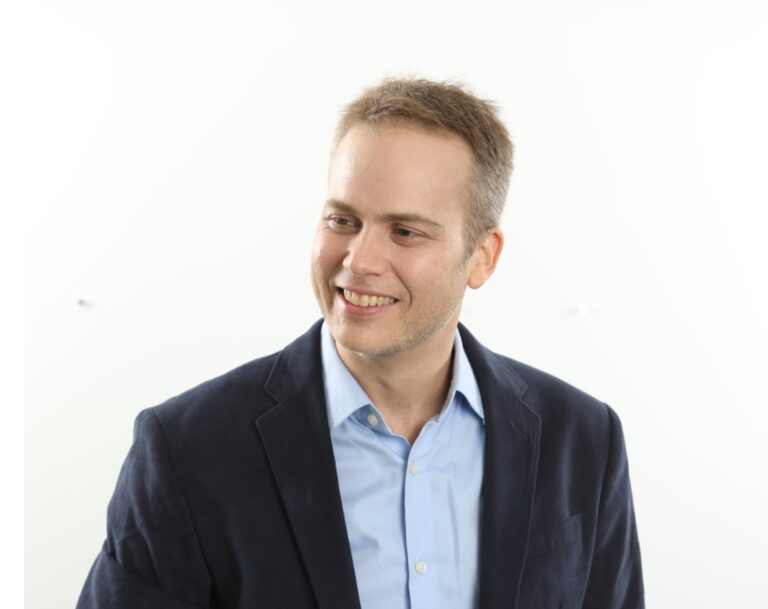
NeuraLight has developed a platform that integrates multiple digital markers to accelerate and improve drug development, patient evaluation and monitoring and precision care for people with neurological disorders.
NeuraLight cofounder and CEO Micha Breakstone, a serial entrepreneur and investor, said the experience at SXSW was marked by “amazing energies and opportunities to network with great companies, showcase our platform, and learn about novel developments in related industries, as well as enjoy the great-and-weird city of Austin.”
IndieFlow was there to show independent musicians its tools to organize, manage and grow their music careers. Its platform offers distribution to streaming platforms, the ability to collect payments and royalties, track data, schedule, promote and manage projects, and book gigs and collaborations.
Another notable startup was Branda, which took part as part of this year’s cohort of Techstars Atlanta (powered by J.P. Morgan). Branda helps SMBs stay on top of everything related to brand protection, from trademark registration to monitoring, enforcement, maintenance and management.
Buffet of inspiration
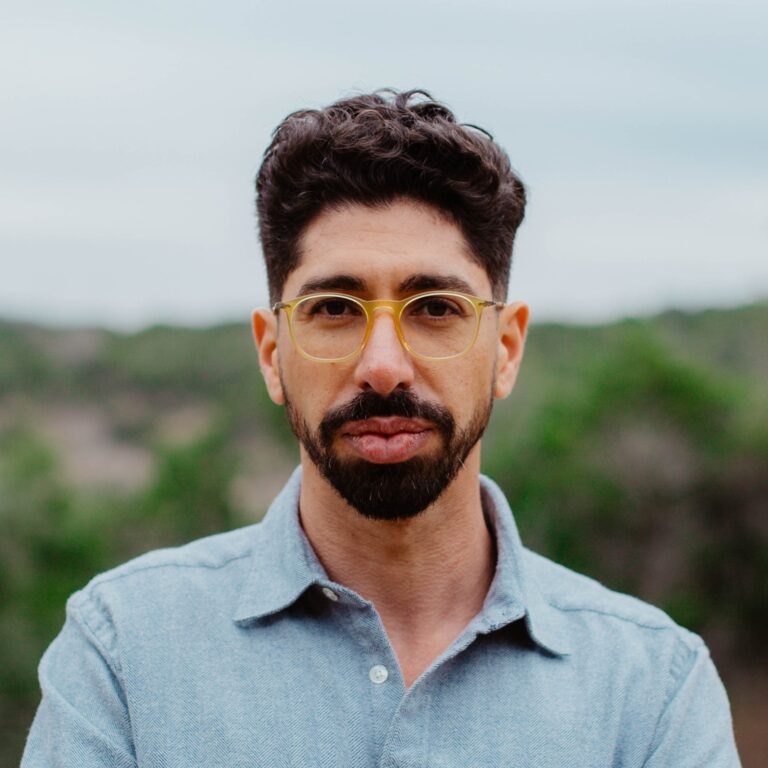
Austin ecosystem influencer Tal Shmueli, cofounder and CEO of HR-tech startup Heystack (formerly Stacked), notes: “SXSW is the world’s tastiest buffet of inspiration and opportunity. I’ve been involved in the festival for years; first as an attendee, then as a speaker, and now, as an advisory board member to the startup competition. The exposure and access are unparalleled, as Austin’s friendly, casual atmosphere brings people together as no other place can.”
One of the major draws of SXSW are the side events.
Brian Wallace, a SXSW Advisory Board member and LinkedIn influencer, hosted a LinkedIn Local SXSW meetup and other events, and spoke at the festival about agencies and their use of AI. Wallace visited Israel earlier this year, toured the ecosystem, and due to the amazing experience he had, created a popular infographic on the Israeli tech scene.
At the festival’s annual Friday night #openShabbat meal, hosted by Tech Tribe, hundreds of people, hailing from locations such as Israel, San Francisco, New York, Austin and Brazil, unplugged from their devices and connected over hummus and challah.
And on Sunday, Peter Weltman of strategic communication agency Man of the World Media hosted a meetup for the Israeli tech community in East Austin and brought together startups, investors and Startup Nation enthusiasts.
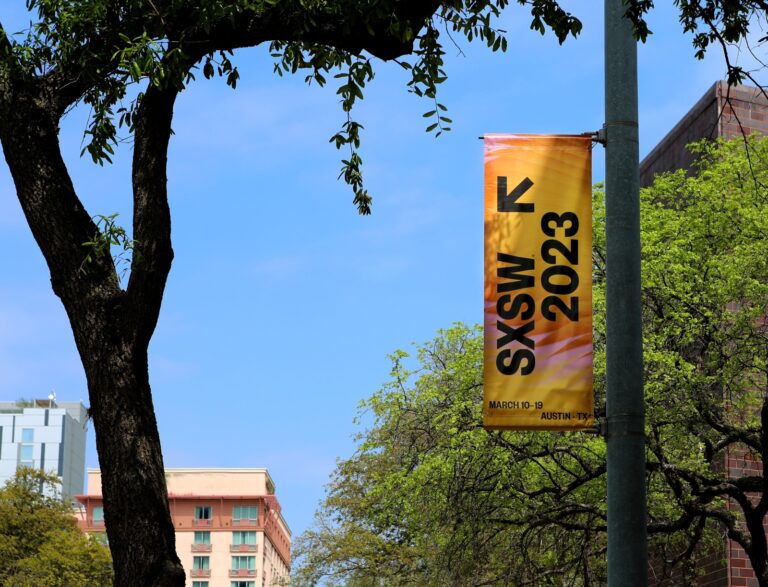
Weltman, who works in the US and Israel, said, “SXSW is the perfect venue for Israeli entrepreneurs to showcase their work and create strategic relationships. That’s why we hosted Mid-East x SouthWest, providing a venue to foster those opportunities.”
Israelis in Austin
Organizations such as the Israeli American Council (IAC), led locally by Shelly Shwartz, have been key in helping organize the local Israeli community.
Pre-pandemic, there were around 200 to 300 Israeli families in Austin, whereas today there are close to 1,000. Professionally, most of those who moved to the city are in tech, but real estate is a booming industry in Austin as well, and there are also Israelis in academia at UT-Austin.
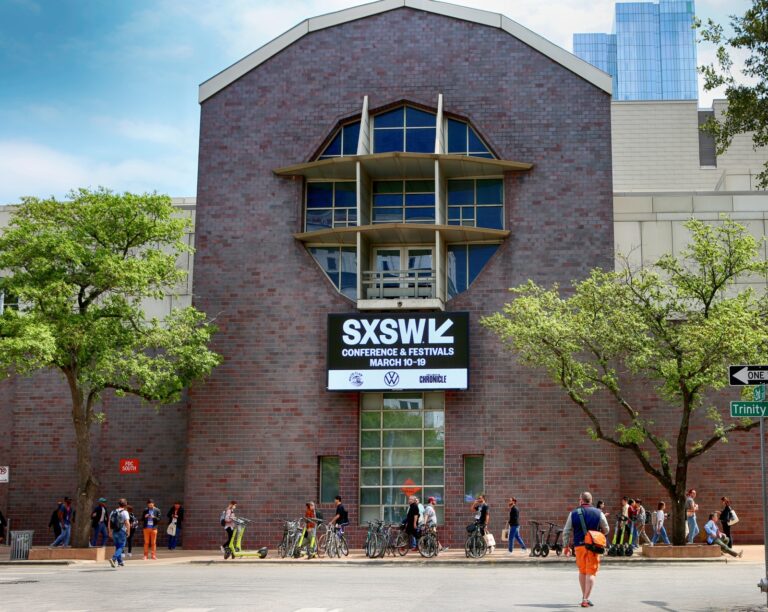
For many, this was not their first relocation. They moved from states such as California and New York because the cost of living is cheaper (there is no income tax in Texas, though prices in Austin have started to increase), and because during Covid, when states like California were shut down, Texas was open.
Austin cemented its status as a hub for the Israeli community when the IAC Summit was hosted in downtown Austin earlier this year, with over 3,000 people in attendance.
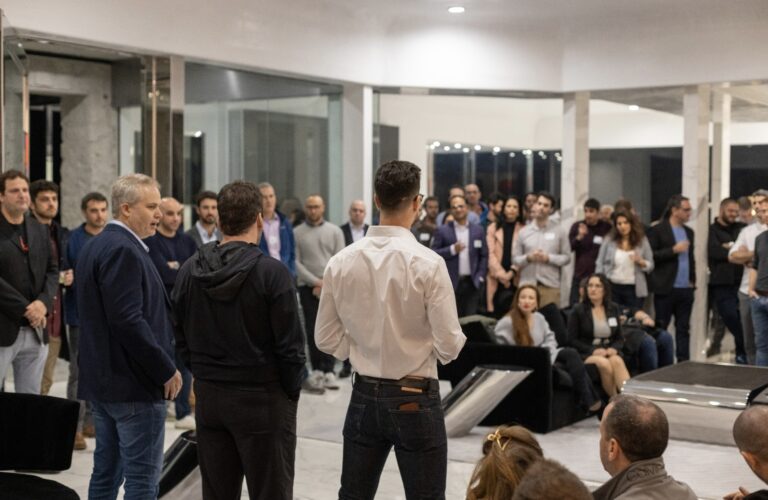
Israeli cuisine has come to the city with restaurants such as TLV-Austin. Another addition to the city’s robust food culture is the popular babka food truck, Babka ATX.
When the truck’s founder, Sariel Brummer, moved to the US from Israel, she was determined to introduce this delicious piece of her culture.
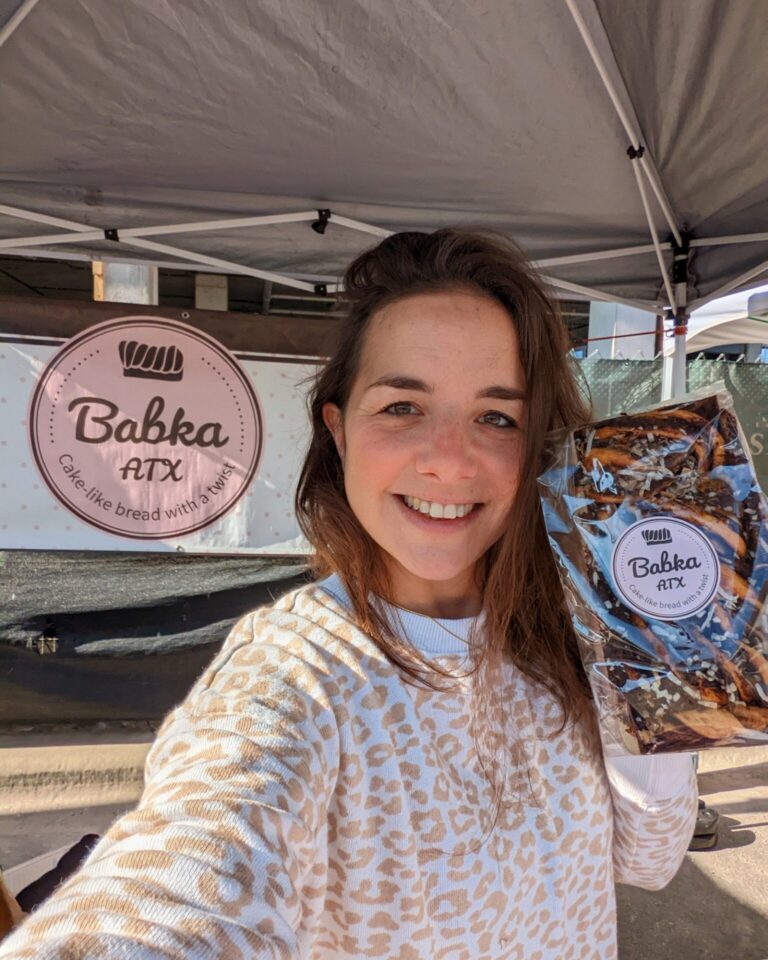
After they moved to Austin for her husband’s job in the tech industry, she perfected her grandma’s recipe and over the span of only two years grew her babka pastry business to be well recognized among coffee lovers, farmers market enthusiasts and Central Market shoppers.
As she notes, “the Israeli community in Austin has been growing rapidly with families moving mostly from the Valley. Although it grew a lot, we still have this small-town community vibe, and most families are familiar with each other, and that’s what makes it unique.”
The local tech community
In addition to being a tech center, Austin has (according to Fortune magazine) become the Gen Z Capital of the US. One million residents and over 140,000 undergrad students offer an active pool of talent.
Local startups such as Gigaroo have capitalized on these opportunities with the understanding that Gen Z is the backbone of the SMB market.
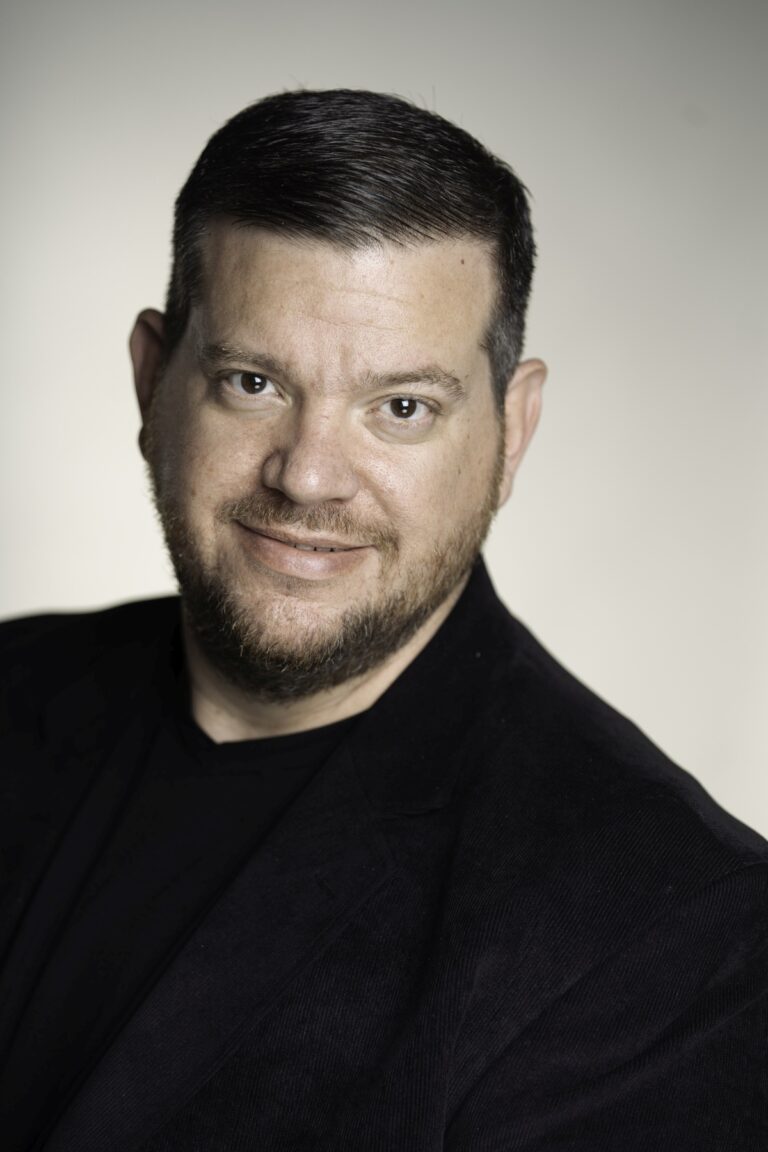
What drives Gen Z is zero obligation to any one employer. They are tech friendly, have the desire to work with friends, and expect the immediacy of everything (including payment), so Gigaroo’s app addresses those generational traits.
The company, which raised $2.3 million from investors including the local ATX Ventures, was founded by Adir Oren and Yair Almagor. Oren, the cofounder and CEO, is a serial entrepreneur and worked at companies such as SAP and IBM. In 2010, he founded BICS, which was acquired by BDO in 2014.
Cofounder and CRO Yair Almagor spent nine years in the US, received his MBA from UT, and worked for many years in the startup world. His understanding of the Austin scene led them to opening an office in town.
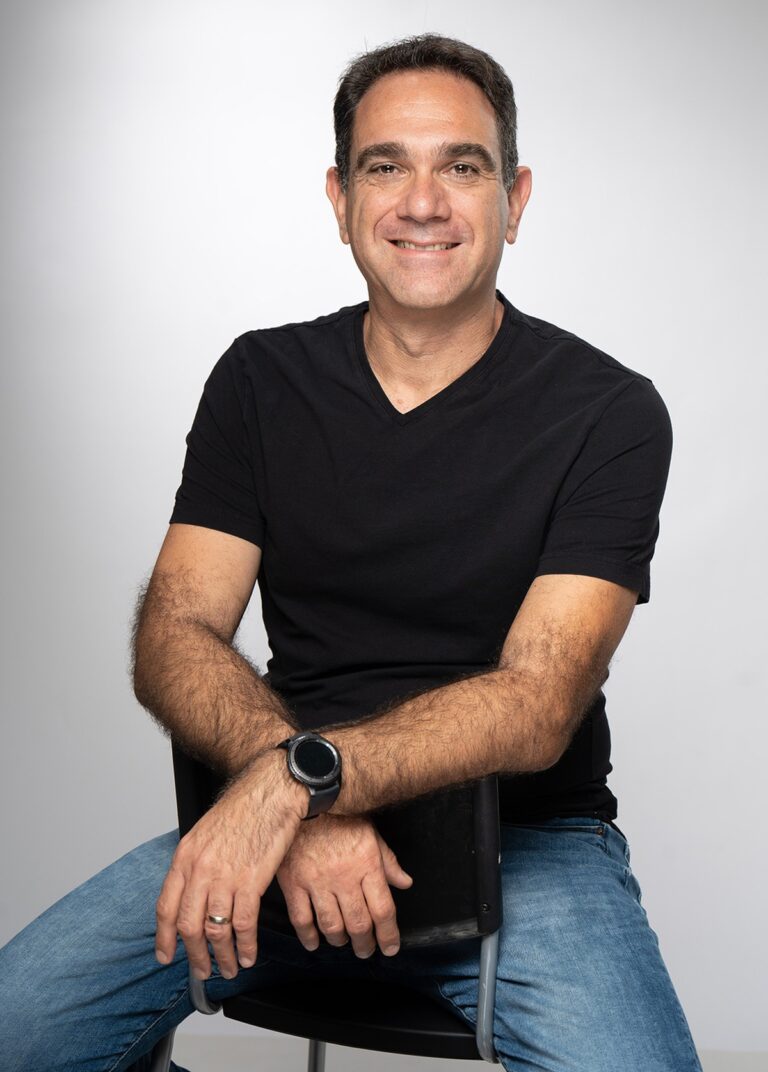
Another local startup in the HR space is Heystack, which helps companies find hidden, socially vetted candidates and reduce their recruitment costs by 90%, double employee retention and ensure their hiring practices are optimized for a hybrid/remote-first workforce.
Tal Shmueli, along with cofounder and CTO Kevin Hanna, took advantage of the latest AI technologies and created the most advanced and easy-to-use sourcing software.
Shmueli spent quite a bit of time in the US, but as SF and NYC were still under strict Covid restrictions, he searched for opportunities elsewhere. Texas was taking a different approach to both the pandemic and business, and after a 10-week search in which he scoured the country, he ended up outside a pizza place in Austin.
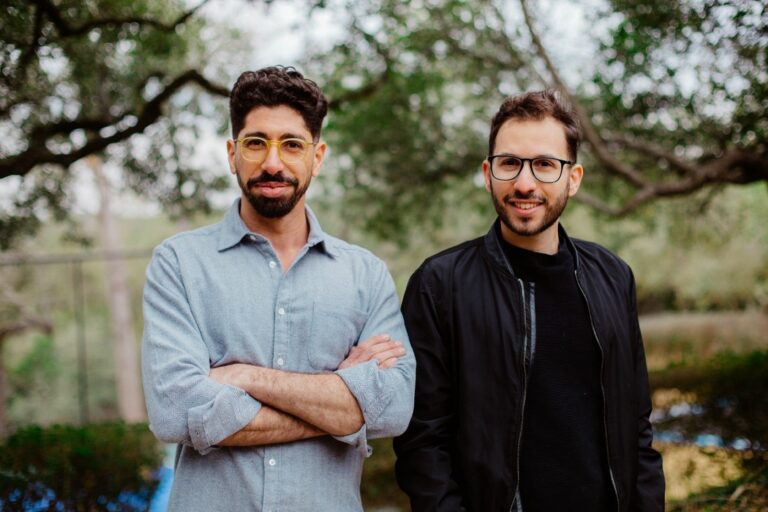
He felt an immediate click with the city, its people and its ecosystem, so he rented an office the day after and has been there since, driving a pickup truck, learning how to two-step and singing along to live country music.
Around the same time, other Israeli founders were flocking to the city. They created a five-person WhatsApp group to coordinate dinners, with other influencers in the Israeli tech ecosystem Amir Shevat, Micha Breakstone and Doron Nir in their supper club.
Eighteen months later, the group has more than 50 members representing pre-seed startups to unicorns, and their monthly events draw a packed house from all across the local ecosystem.
Jonathan “Yoni” Frenkel is a content strategist and founder of YKC Media, a digital marketing agency that works with the global tech/venture/startup community.




